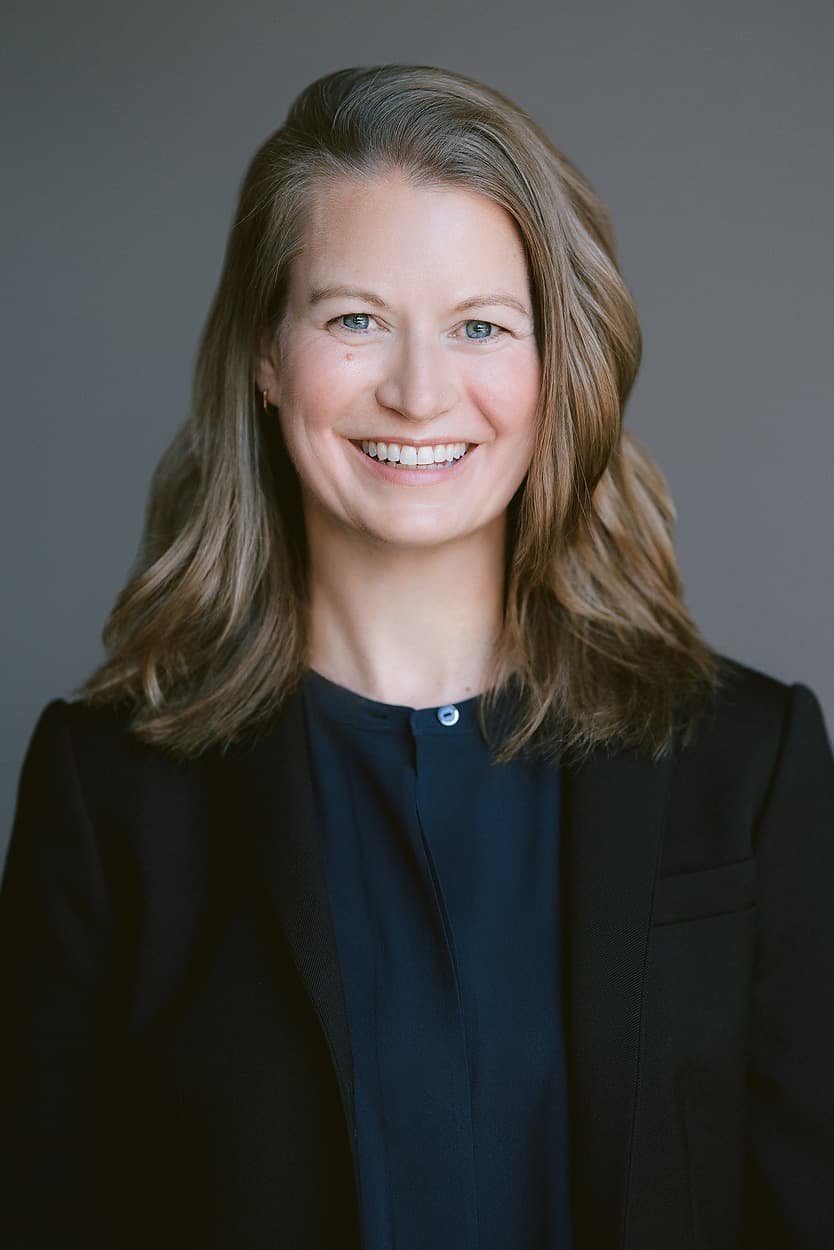Well, after what’s been a long year, an exciting year and for many, a challenging year, we’ve made through 2021. Whilst some people found it a tricky year to navigate, others found it a lot easier, but however we got through 2021, its what we do next that matters.
2022 has all the makings of being a fascinating year, a pivotal year and what’s needed is the mindset to make the most of it. A lot of people start the New Year by drawing up a set of resolutions but don't build the plan with the means to achieve it. Without a breakdown that takes you from the beginning to the end you’re set up to fail.
Writing resolutions can though be more of a bigger picture exercise. Using something like the Wheel of Life can help you look forward to the future in 10, 20 or 30 years time. By looking at things like where am I going to be psychologically, in my career, financially, or relationship wise, you can see the bigger picture that can then help you figure out resolutions for the short term. Of course, if our goals aren’t long term enough or ambitious enough, our resolutions can sometimes become trite and meaningless so don't grip our imaginations. For 2022 why not tackle your resolutions differently – put a plan together for the whole year … with a reward attached when you achieve it.
Another option is to forget goals and resolutions and sit down and review the previous year. Figure out the things you want to stop, start and continue. Look at where you’re going and what you can stop doing. You’re probably not setting goals or resolutions based on what went before so look at what you want to do more of and what you want to do less of or stop doing. We’re all guilty of taking on more and more, whether it’s work or social commitments and we don't think about what we can mindfully remove from our lives.
The idea of stop, start and continue is very simple but it mind give you a better idea of how 2022 might find into the general direction of things. Maybe 2022 can be the year you can really sort out where you are going. Work-wise, it might be a case of asking yourself whether your work still has purpose and meaning? Is it where I want to be? The future of work is changing and the rebalancing of the labour market and the way we are working means there is the opportunity to make changes.
Some people have already made considerable changes, moving from the idea of financial reward to that of seeing a tangible outcome. This year there is the potential to ask ‘do I really want this or am I just doing it for for the money’. Four criteria you could use to look at your job are whether it brings money, intellectual challenge, fun or achievement. If you’re not getting any of these from your role it’s possible that it’s total lack of meaning and interest could lead to burnout. Ask yourself what do I want from this year? If you don't know what you want, reverse it and ask what don't I want? What is the purpose and meaning of work in your life? How important is it in the scheme of things. Remember your focus will change at different stages in your life. You could also try to write a bucket list, bunches of different ideas and things you haven’t tried. We can easily get stuck in a rut doing the things we always do and finding meaning is not always about having things or going places rather finding happiness in what we do.
2022 is about change. The culture of organisations, the world economy and coming out of Covid will all lead to change which in turn will creates opportunities … and risks. The more we can plan for the future, the less anxious you will feel about it. Once you’ve worked out what you want or don't want to do you can apply self-discipline and focus to achieve it. Here’s where it can go wrong through. Sometimes we get distracted by things that give us a greater or short- term reward or procrastinate too long so we miss the discipline of long-term goals.
Whatever the root-cause of your distraction, take away the decisions and just go out and do it! Dump the rules and just make choices. Decide what you want and then go out and do it. Chose to do one thing, enjoy it then choose something else to do the next day. Choices are what help’s us to make the life we want. Decision fatigue comes from having too many decisions to make so in a way it’s easier to say no to everything rather than having to challenge ourselves by making lots of small decisions.
Maybe we should make 2022 a year of choice. Whether we choose to be different, choose to get something special for ourselves, choose to deliver more than we think we can, the first choice we need to make is to have a plan behind us!
You can listen to the podcast in full and find out further information here. Our upcoming guest list is also available along with our previous blogs.



















